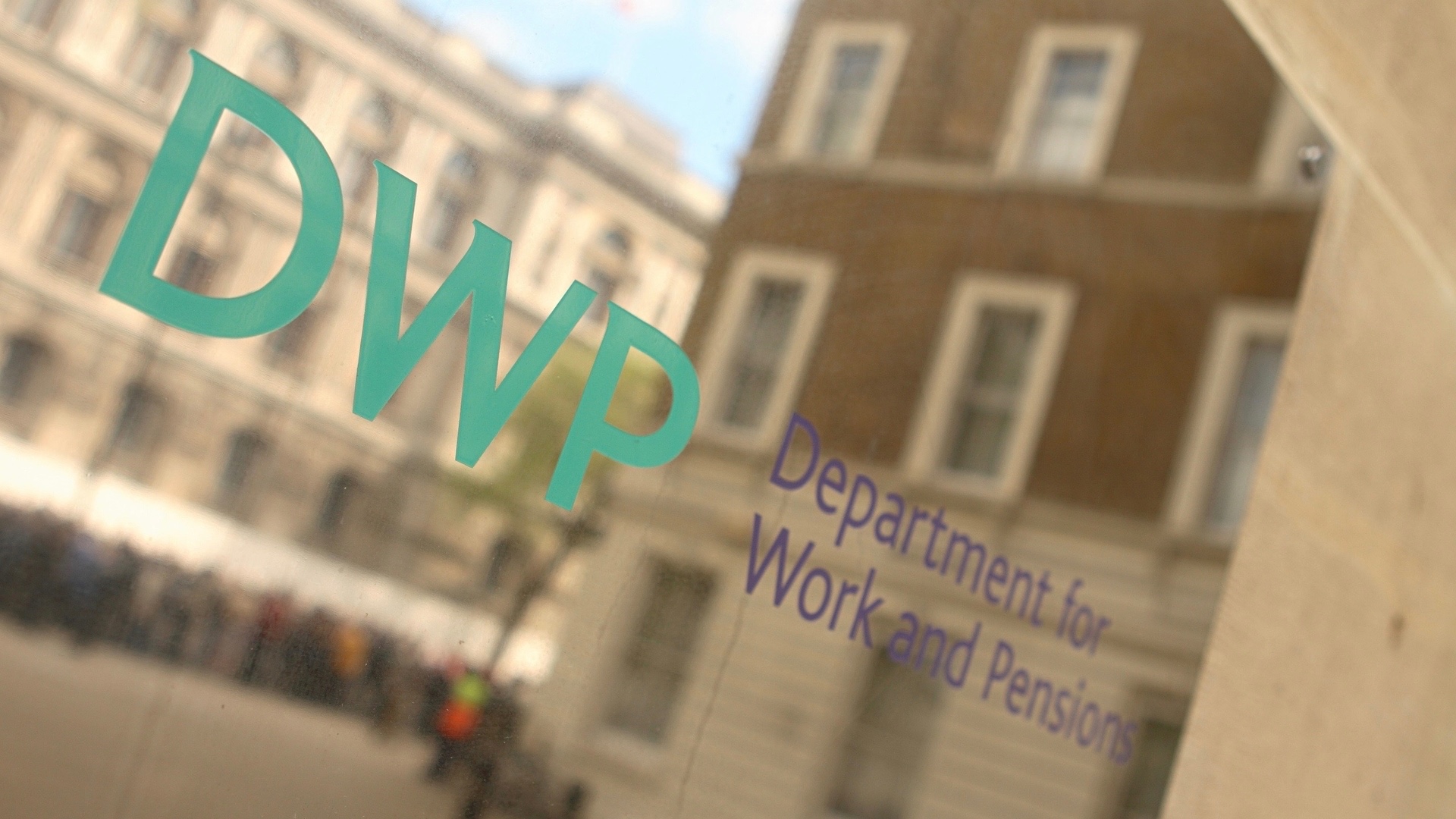Last week, the government announced it was scrapping the 55-a-minute charge for using a Universal Credit helpline, but a sense of crisis is beginning to mount.
MPs voted 299 to zero to “pause and fix” Universal Credit last week. Although the government order Tory MPs to abstain from a symbolic vote, a dozen Conservative MPs have written to the Department of Work and Pensions (DWP) to call for the roll out to be suspended.
DWP minister Damian Hinds has promised “further progress updates in the weeks ahead,” and some have speculated backbencher pressure may force the government to use next month’s budget to put extra funding into the scheme.
It can’t be right for anyone to have no money for six weeks
“It’s a disgrace rolling it out in the run up to Christmas when people are more likely to go into debt,” says Laura Pidcock, the Labour MP for North West Durham. “But aside from that, it can’t be right for anyone to have no money for six weeks, at any time.”
“It’s impossible to separate this from the wider welfare changes – the work capability assessments, a (benefit) sanctions regime,” she adds. “I think all of it is based on the premise the majority people seeking help from the state are fraudulent or liars.”
The government claims Universal Credit is a success. Research published in September by the DWP, in conjunction with Ipsos MORI, revealed what it described as “positive findings.”
Advertising helps fund Big Issue’s mission to end poverty
It says claimants, in general, understood the conditions to their claims (what was expected of them in terms of finding work), and that “there was also evidence of claimants finding it easier to manage monthly payments as time went on.”
Nick Phillips, from the London Unemployed Strategies campaign group, says local authorities in the capital are worried rent and council tax arrears will stack up in the months ahead.
“The long wait is built into the system so won’t be easily fixed,” says Phillips. “I’ve sat in Jobcentre presentations where I’ve had it explained, and there’s no logical, technical reason for it. It’s seems to be part of a DWP culture deterring people from trying to claim benefits.”
Beyond the initial chaos – if we presume millions eventually do get signed up – what happens next?
Experts like Phillips fear any change in employment or health circumstances will leave people going through the same bureaucratic hell – delays and difficulty proving benefit claims – each and every time.
Universal Credit is less generous on average than the benefits and tax credits that it replaces
Ministers had hoped that the Universal Credit would be magically supple enough for each individual’s payments to be tapered off gradually, so that people facing the prospect of return to work might be less likely to reject low-paid or short-term jobs.
Advertising helps fund Big Issue’s mission to end poverty
But so far, in its early incarnation, the system has not remotely shown that kind of flexibility.
Plus, cuts introduced by George Osborne to work allowances mean less money overall. The Office for Budget Responsibility said Universal Credit “is less generous on average than the benefits and tax credits that it replaces.”
The Resolution Foundation think tank has estimated that some families could lose up to £2,800 as a result of changes to the work allowance brought in by Universal Credit.
So the miserable fight for money, the financial black hole set to open up in thousands of homes before Christmas, may well extend far beyond the holiday. IDS wanted Universal Credit to be part of his personal legacy. He may come to regret that.
Watch the Pride special collection.
Our LGBTQ+ film playlist offers a new and interesting angle on LGBTQ+ love and struggle – giving an international overview by taking us inside some of the most and least sexually liberated countries in the world.
Sign Up Now 









